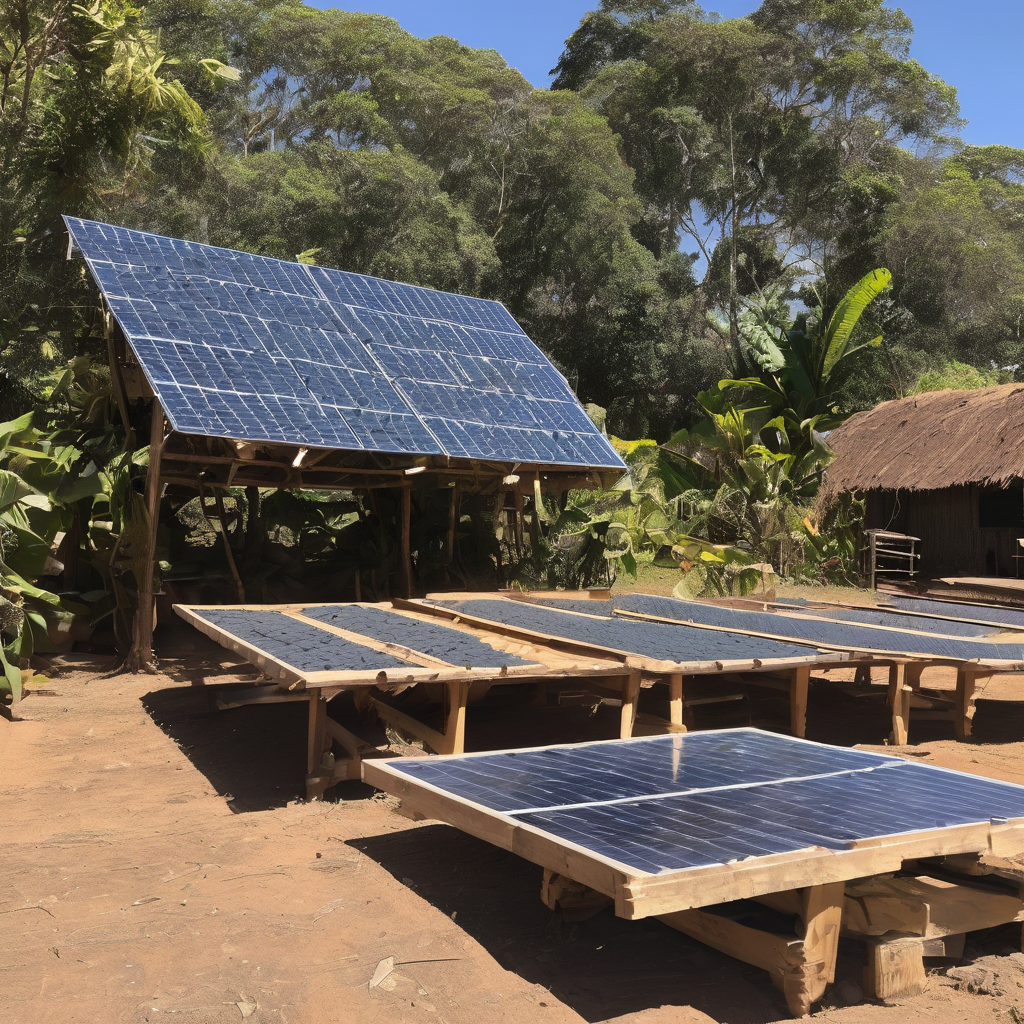Farming is frequently regarded as a last resort for many, yet for 64-year-old Maikeli Ramaidama, it has been a lifelong passion since he began his journey at the tender age of 18. Growing up in the serene village of Nagadoa in Fiji’s Bua district, his unwavering commitment to agriculture has greatly shaped his life and the lives of many in his community.
For close to five decades, Mr. Ramaidama has depended on farming as the primary source of income for his family, helping to fund everything from home construction to international travel and community responsibilities. Despite not completing his education, he credits the land as his greatest teacher and provider.
His agricultural journey started with yaqona, commonly known as kava, and he faced numerous challenges related to traditional drying methods. His farming techniques underwent a transformative change when he received assistance from the Ministry of Agriculture and Waterways through the Yaqona Development Program, which provided him with $5,000 worth of materials to build a solar dryer. This innovation significantly reduced drying times to just three days, eliminating delays caused by poor weather. “The solar dryer has been a blessing,” he remarked, highlighting the positive impact of innovation on traditional farming practices.
Mr. Ramaidama’s dedication to yaqona has enabled him to construct two homes, buy a vehicle, and support his son’s education in New Zealand, which costs $40,000 per semester. “It still amazes me… All of these, my home, my son’s education, have all come from the land,” he shared.
Beyond securing his family’s future, Mr. Ramaidama has played a pivotal role in uplifting his community through various projects. He has contributed to upgrading the local church, enhancing the community hall, and even building a classroom for a kindergarten. Acknowledging the persistent challenges of farming, such as aging, the threat of yaqona diseases, and fluctuating market conditions, he remains undeterred. “I won’t always be strong enough to go to the farm and dry yaqona,” he mentioned, emphasizing his commitment to preparing the next generation to embrace the land’s potential.
Mr. Ramaidama passionately encourages youth that farming should not be viewed merely as a fallback option but as a viable path to success. “You don’t need a university degree to succeed,” he insists. “If you make use of the land, you can achieve great things. I am proof of that.”
This sentiment resonates with younger farmers like 21-year-old Petero Maciu from Nawi village, who is motivating his peers to utilize available land for sustainable living. Having started his farming journey early, Maciu now manages over five acres, cultivating yaqona, root crops, and various vegetables. His experience underscores the potential for agriculture to yield significant financial returns, reinforcing Mr. Ramaidama’s message about the value of hard work and land.
Together, these farmers exemplify how agriculture can be a transformative force in the lives of individuals and communities. Through their dedication and innovative approaches, they not only secure sustainable livelihoods for themselves but also pave the way for future generations, fostering hope and opportunities within their communities.
